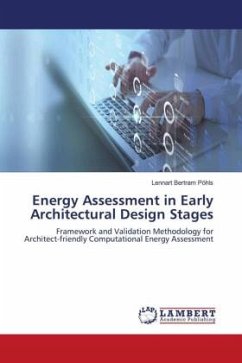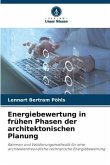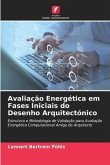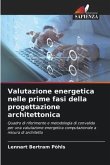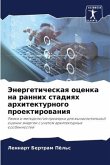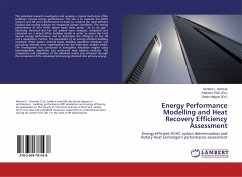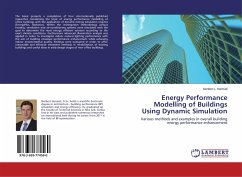Today's buildings are responsible for about 40% of the global energy demand. To reduce energy consumption by using Energy Assessment (EA) methods, the Early Architectural Design Stages (EADS) are especially suitable to implement the best cost-benefit measures. To integrate EA into EADS, two main challenges must be simultaneously tackled: (a) the architect-(un)friendliness of computational models and (b) the results' reliability. To accomplish both goals a Framework for Energy Assessment Tools in Early Architectural Design Stages (FORwArDS) and a validation methodology, Relative Validation (RV), is presented. The results are presented, analyzed and conclusions are drawn regarding the framework's and validation methodology's contributions to the improvement of the EADS. The framework's open structure and the applicability of the validation methodology to any simulation contribute to the discussion about the integration problems of energy assessment in EADS and present useful tools for the creation and test of model simplification methodologies and EA for architects during EADS.

